There are a bunch of associated questions when it comes to the NCERTs one of which is- Are they enough for the exam? Well, they are not. But then how best to use them to prepare for the exam? and so on.
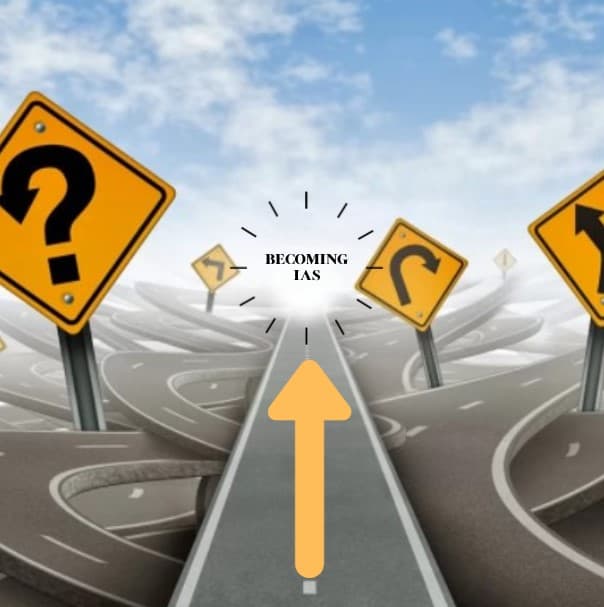
This question is as old as the NCERTs themselves and it’s about time the record is set straight on the matter- not only from the point of view of advising you on how to prepare, but to explain HOW and WHY the NCERTs are so centrally important to the UPSC exam. Once this is done, most of the strategy about the HOW will come naturally to you. I will, nevertheless share my insights about the same in this article.
WHY are the NCERTs so important?
The NCERTs are crucial because they are official books and texts espoused by the Government of India and the relevant department of Education mandated with setting a syllabi for higher and senior secondary education for India. This should tell you that people in the Education ministry must have done their homework of distilling, filtering and choosing the most suitable content for these books. This is to say that there must be good reason for a topic to be included in the NCERT books.
What this means for you is that you need to use the NCERTS as guides and manuals to take you through the preparation of this marathon of a an Exam.
More importantly, the UPSC is a constitutional body and follows a mandate just like any other government agency and it is part of that mandate which forces the commission to source questions from official sources. Another way of saying this is that many times there is a lack of consensus in many disciplines and subjects and the NCERT point to the version you should learn for the exam.
For instance, you could find a different version of Indian history in the textbooks versus in a non-fiction book written by a historian. And when it comes to choosing where to ask questions from, you can bet that the UPSC will stick with the prescribed textbooks- because these are officially sanctioned, less prone to controversy and usually vetted by experts before prescription and this resolves a bunch of issues right at the outset.
NCERTS are reliable not only for you to study from, but also for the UPSC to ask from.
But this does not mean that the commission is compelled to ask questions only from the text in these NCERT books. They could very well go beyond and add details about something which is current based and not covered in the books. But it imply that if there is a topic listed in the NCERT then there is a high probability of it showing up somewhere in the exam sooner or later.
HOW best to use NCERTs to prepare for the UPSC exam
Use NCERTs as mirrors to your level of knowledge
Understand everything written in the NCERTS until a very good level of conceptual understanding is reached. Remember that all the foundational concepts for all of G.S will be mentioned therein.
So if you are going through the NCERT for Economics or physical geography- you should be aware that it is a lot more than a series of maps and facts. Instead it is a abbreviated manual of all that is important under the rubric of Physical geography and Economics.
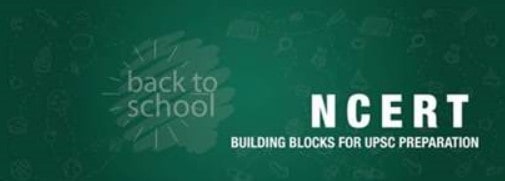
Needless to say, you don’t need to cover the Physics textbook of class XII because it is explicitly mentioned in the UPSC notification that you wont need to know the technical details of Science. But when it comes to geography, economics or history, make sure you understand and remember the content of the NCERTs like the back of your hand.
You should know enough about everything listed in the NCERT to be able to teach students like a good school teacher would. Do not mistake yourself as the student anymore because it would set your standards much lower than needed for the exam.
You are now the teacher who should be able to teach the contents of the NCERTs to students without looking at the books.
Therefore, the NCERT books should serve as a barometer of your own preparedness i:e If you cant teach a topic listed in the NCERT to a class X-XII student, you probably do not understand it well enough and need to revisit your basics.
Use them to cover General Studies
You can think of the NCERT books as the foundational text of your General Studies preparation where in the Prelims you might be asked factual knowledge-based questions and in the Mains, more analytical and conceptually oriented ones.
This insight should be enough for you to get to work and develop your understanding of the various topics in these textbooks- whether you do that from YouTube videos or from the books itself, is up to you.
The key takeaway is that the entire General Studies syllabus for the UPSC exam is stretched out into various topics and subtopics, all of which can be traced to some chapter in the NCERT books.
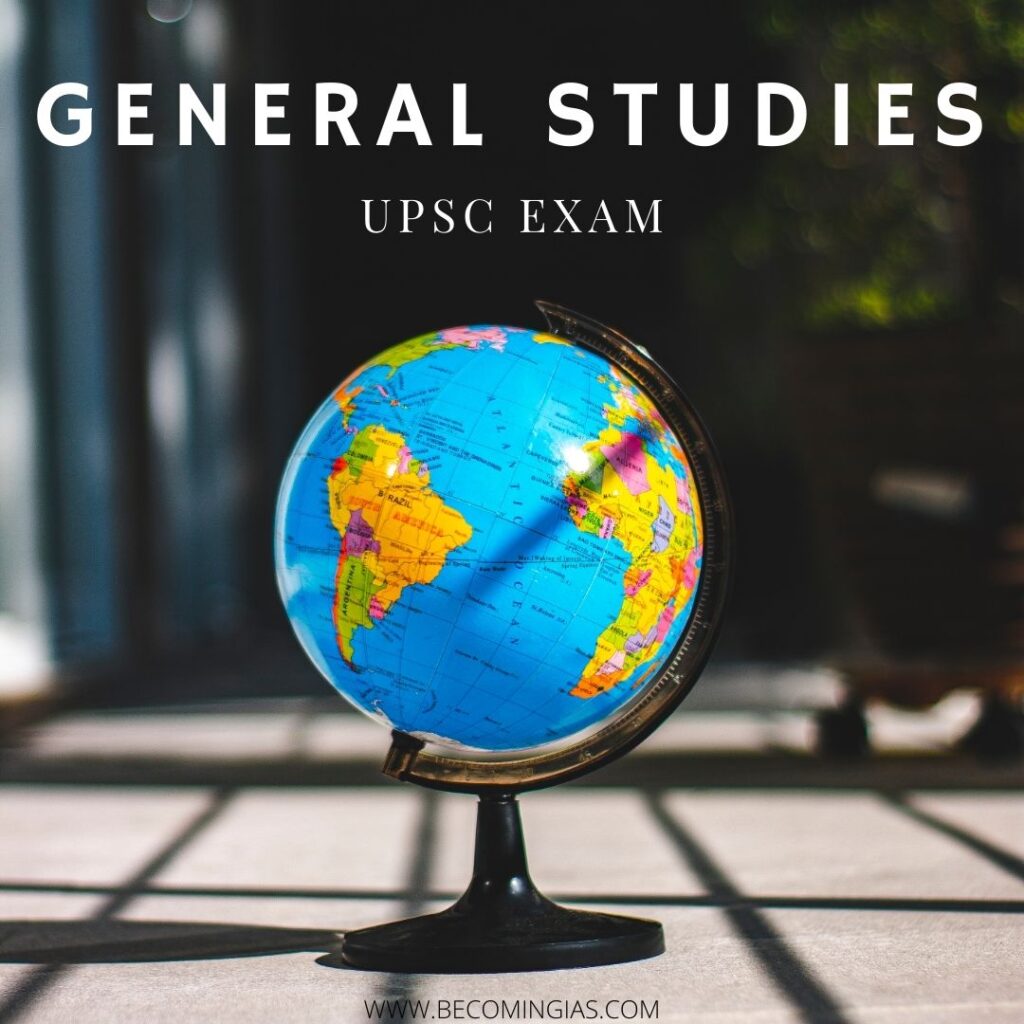
If you look at the UPSC syllabus carefully you will find that a lot of the topics correspond very closely to the chapters of some NCERT books. And this should come as no surprise. This will become more clear when you think of G.S as the syllabus of Mains GS which is far more detailed and elaborate than the syllabus of GS for Prelims. It is easy to forget that the Prelims syllabus for GS is just a shortened abbreviated version of the real GS syllabus which is prescribed for the Mains exam.
The GS Mains syllabus is highly granular and clearly shows that the approach of the exam is inter-disciplinary. You will find topics which fall into multiple disciplines such as- agriculture. Which you could place in geography or economics with equal ease notwithstanding the fact that it is also a scientific discipline in its own right.
In fact, it is easy to get the wrong impression from the GS Prelims syllabus which lists clear-cut disciplines like geography, history, economics etc. In reality however, no such demarcations exist.
The UPSC is testing for an inter-disciplinary mindset which is what you would hope to find in a generalist civil servant.
You can read more about the General Studies syllabus and the way it is structured here.
Use the NCERTs as anchors
They tell you the minimum but most important content which you need to cover for the UPSC exam. If something is mentioned in the NCERT, you should have it in your memory, ready to deploy at any time. Do not skimp on memorization even if it is boring. Get it over with and re-read the material until it is committed to memory. Remember to refresh periodically.
So the NCERTs tell you the minimum amount of information which you need to memorize for the sake of the Exam. Another reason this is true is because most of your competitors will be doing the same and if you miss simple factual questions in the Prelims exam, you probably wont make it to the cut-off because it is usually a very tight race to the finish.
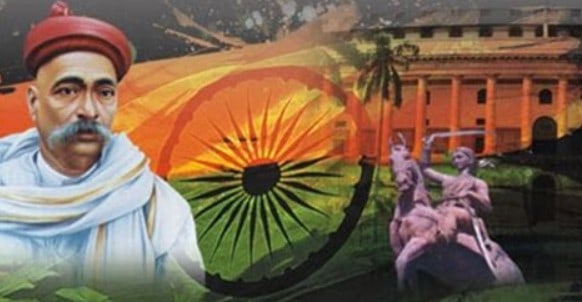
Do not progress to more advanced sources until the NCERTs are mastered. Referring to other sources is fine and even recommended but don’t assume that you will graduate beyond the NCERTs one fine day.
For instance, no one graduates beyond the Indian Freedom Struggle because the NCERT is the most authoritative text on the subject available to the masses. You may find more detailed versions of the freedom struggles in advanced sources but the progression of events will stay embedded in ‘good old Bipin Chandra NCERT’ until the government of India decides to revise the same.
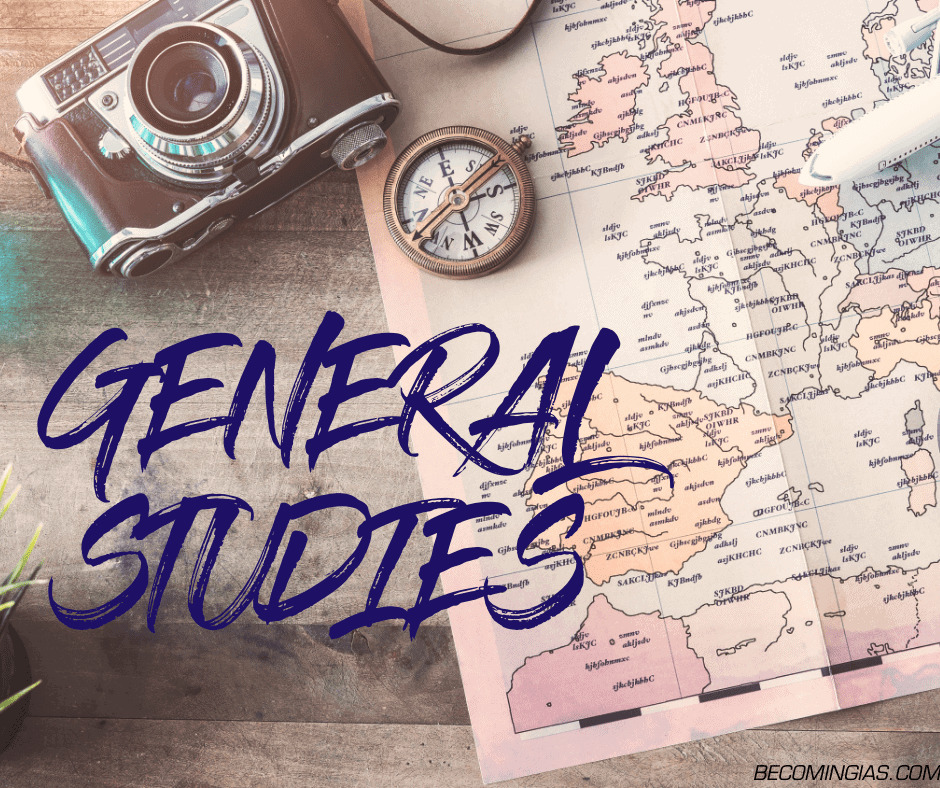
The NCERTs are your anchor during the UPSC preparation journey. These textbooks are never really ‘done’ in the conventional way syllabus is ‘done’ in pursuit of preparation of an Exam.
These books are fundamental but only capture a fraction of the details. It is precisely because they are fundamental, they cover almost everything which is worth knowing about for the exam so you ought to constantly refer back to the NCERTs all through out your preparation.
Connect with Current Affairs and Vica versa
When you read something current affairs based, ask yourself which topic or chapter in the NCERT would best describe the underlying concept of the current event. If nothing comes to mind, refer back to the NCERT and seek clarity.
For instance, say you come across information about an Earthquake in the news somewhere. Ideally you should whip out the Geography NCERT and check out what the relevant chapter has to say about Earthquakes and why they occur.

Check out the relevant map in the NCERT which shows seismically active zones in India if you can find it. This, followed up by a quick read on Wikipedia (which is WAY more detailed than the NCERT) will teach you more about Earthquakes and seismic activity than sitting passively and taking notes in any coaching institute.

By vica versa, I mean that while reading about a topic the NCERT, you should ask if there is something in the news which relates to that topic.
For example, say you were reading Physical geography, agriculture and crop patters from the Geography textbook, you should stop and ask if you can relate this to something in the news these days. And if the recent farmer protests in Delhi NCR come to your mind, then you would be on the right track.
Because there is no such thing as ‘current affairs’ separate from parent topics. There are only events which we come across in the news which can be understood from multiple perspectives- Economic, psychological, legal, ethical and so on. And it is these perspectives which are the ‘subject’ the NCERT books cover.
This means that all events relate to some important topic in the General Studies syllabus. So, the farmers protests should remind you about geography, crop patters, the green revolution and other related topics from Economics and Geography.
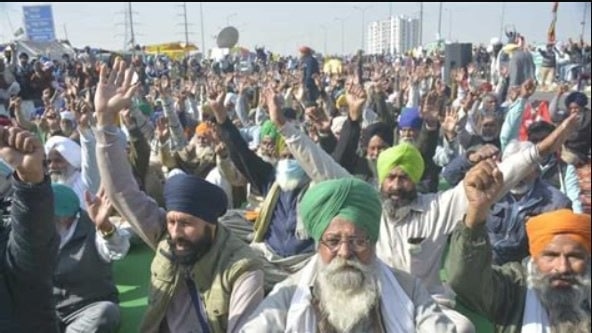
Just like the Rules under dispute should remind you of the governments power to make laws or more broadly, of Polity, the legislature, ordinances etc. You might wonder if the constitution makers would have wanted it this way when they included ideas like fundamental rights, rule of law, separation of power and democracy into the Constitution of India.
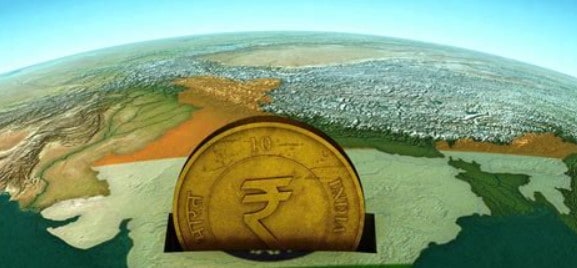
Trace current affairs back to the NCERT and vica versa.
You could think backward in time into the realm of history and realize that this is not the first farmer protest this country has seen. There have been others and they all make for interesting stories. It wouldn’t be a stretch to try and remember something from the history NCERT about the role of farmers in the Indian Freedom struggle as well.
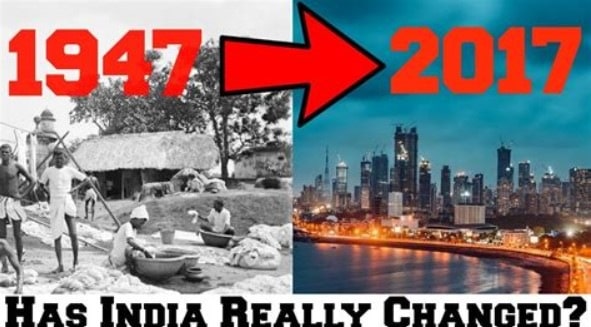
And if you can stretch your mind further, you can connect it to Ethics and the dilemmas of Policy making- where on one hand, when the government tries to be too aggressively progressive, counter-balancing democratic forces prevent it from doing so.
You may very well be faced with such a case study type question in the Ethics Paper this year.

Think of the NCERT books as catalogues which enlist all the topics which you MUST master for the UPSC exam preparation. And that’s the way your knowledge network will deepen-slowly but surely. Which is exactly what you will need to clear this exam.
I hope this was helpful!
Tc, stay healthy and all the best for your preparations!
Ravi Kapoor, IRS
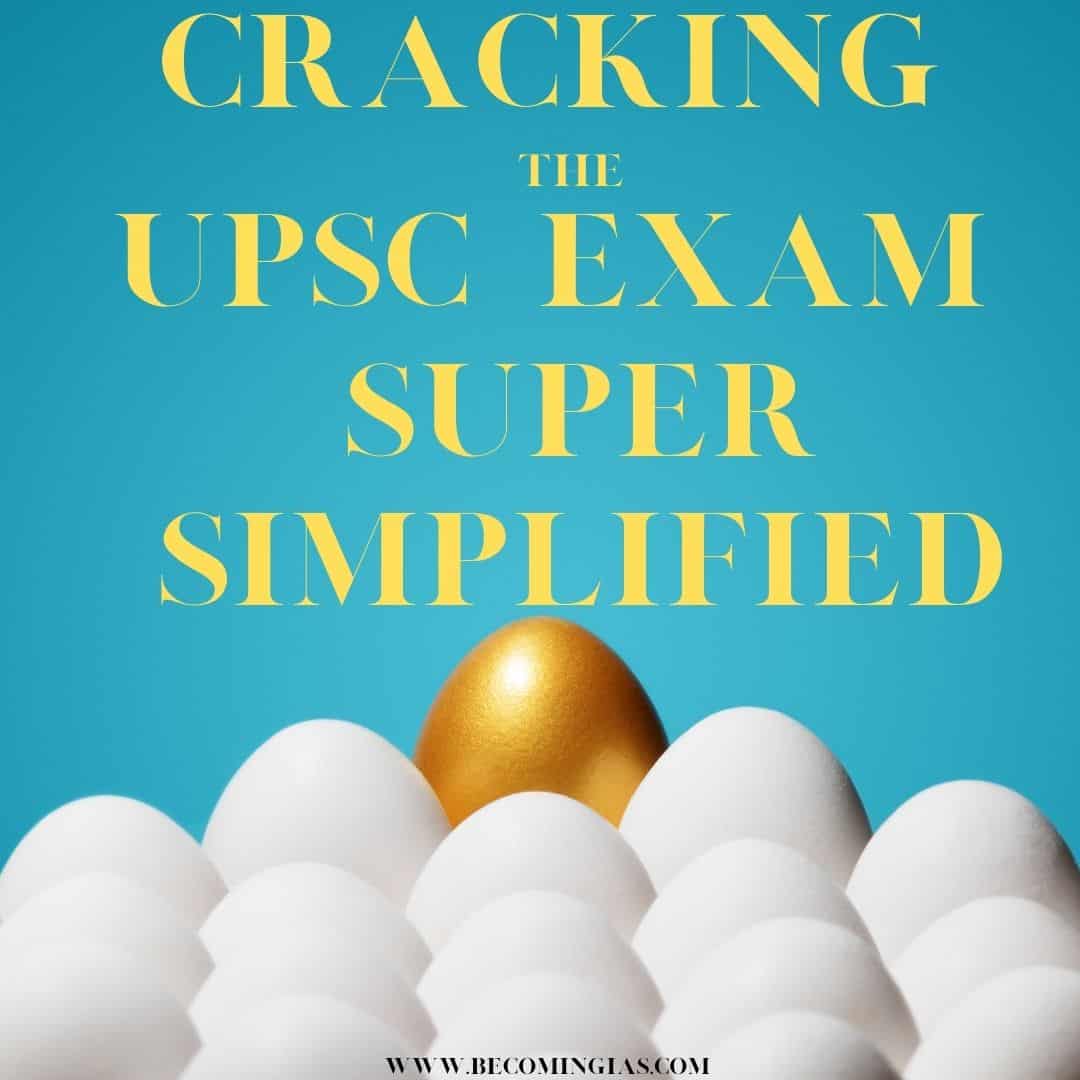
thank u sir
Wow what a nice post I never read like this post
Sir, Could you please provide the strategies for approaching economy in the mains exam ?
sir, can u give the list of the ncerts elaborately! mostly everyone says read 6-12 stnd books ,kindly may u give suggestions sir